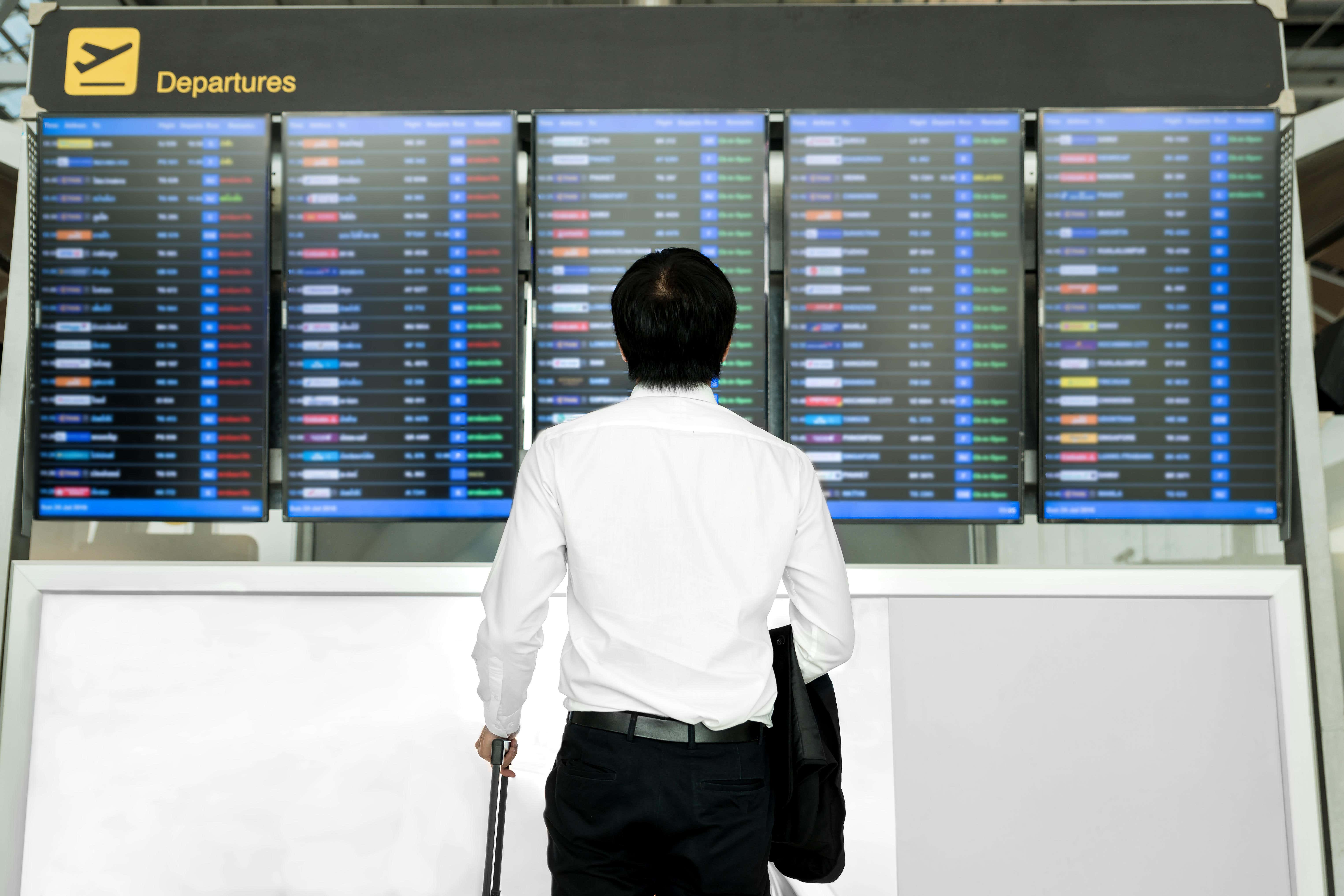Government drops plan to allow more passengers to claim compensation for delayed flights
‘Further work’ is needed before the rules are changed, says the Department for Transport

Your support helps us to tell the story
From reproductive rights to climate change to Big Tech, The Independent is on the ground when the story is developing. Whether it's investigating the financials of Elon Musk's pro-Trump PAC or producing our latest documentary, 'The A Word', which shines a light on the American women fighting for reproductive rights, we know how important it is to parse out the facts from the messaging.
At such a critical moment in US history, we need reporters on the ground. Your donation allows us to keep sending journalists to speak to both sides of the story.
The Independent is trusted by Americans across the entire political spectrum. And unlike many other quality news outlets, we choose not to lock Americans out of our reporting and analysis with paywalls. We believe quality journalism should be available to everyone, paid for by those who can afford it.
Your support makes all the difference.Plans to allow more passengers to claim compensation for delayed flights have been dropped from initial reforms aimed at protecting consumers, the Department for Transport (DfT) has announced.
Last year, the government consulted on making travellers eligible to claim payouts for domestic flights that arrive at their destination an hour late but it said today that “further work” is needed before the rules are changed.
The UK uses the European Union’s EU261 rule, which means passengers on flights shorter than 1,500km (932 miles) can claim £220 for delays of more than three hours – but nothing for shorter hold-ups.
The DfT proposed replacing this system with a model similar to the one used by rail and ferry operators, which links compensation amounts to the cost of travel.
This would have seen passengers able to claim 25 per cent of the ticket price for delays of one to two hours, rising to 50 per cent for delays of two to three hours and 100 per cent for longer hold ups.
The DfT is going ahead with a proposal to make it mandatory for airlines using UK airports to sign up to an alternative dispute resolution (ADR) scheme, which could help more people get the refunds and compensation they are entitled to.
ADR programmes have helped thousands of passengers escalate complaints without going to court, but membership by carriers is voluntary.
Under the new plans set out in the Government’s response to its aviation consumer policy reform consultation, the Civil Aviation Authority (CAA) will be given the power to fine airlines for breaches of consumer laws.
Another measure involves making airlines pay full compensation for damage caused to wheelchairs on domestic flights and offering new training to ground handlers to reduce the number of incidents.
Transport Secretary Mark Harper said: “I recognise the work airlines do around the clock in order to provide a good service to customers, and today’s proposals set out how we can go even further for travellers.
“I’ve heard really concerning examples of passengers’ wheelchairs getting damaged and being left without full and fair compensation. It’s important that everyone can travel with confidence.
“A thriving aviation sector is good for passengers, good for the industry and will grow the economy.”
CAA joint interim chief executive Paul Smith said: “We have long called for a stronger enforcement toolkit to bring us in line with other regulators.
“The plans announced today achieve this and will help ensure that the Civil Aviation Authority is better equipped to hold industry to account in meeting their obligations to passengers.”
Additional reporting by PA.



Join our commenting forum
Join thought-provoking conversations, follow other Independent readers and see their replies
Comments